What is healthy body image and why is it important?
Body image is the way that you view your own body, how you feel about your appearance and how you think others perceive your looks.
Having a positive body image can help you feel more confident and comfortable in your own skin.
On this page:
What affects body image?
Puberty – you will experience so many changes to your body during puberty and it will take time to adjust. Try not to focus on the changes or focus too much on the imperfections.
Society – often what we see in the media, in movies, magazines and advertisements, portray flawless bodies that are typically unrealistic. Remember, these bodies are often digitally modified.
Peer Pressure and Bullying – you may feel pressured to look a certain way in order to fit in and you may even be bullied about your appearance. There is never a certain way that you are supposed to look, every body is different.
Read more here from Kids Help Phone.
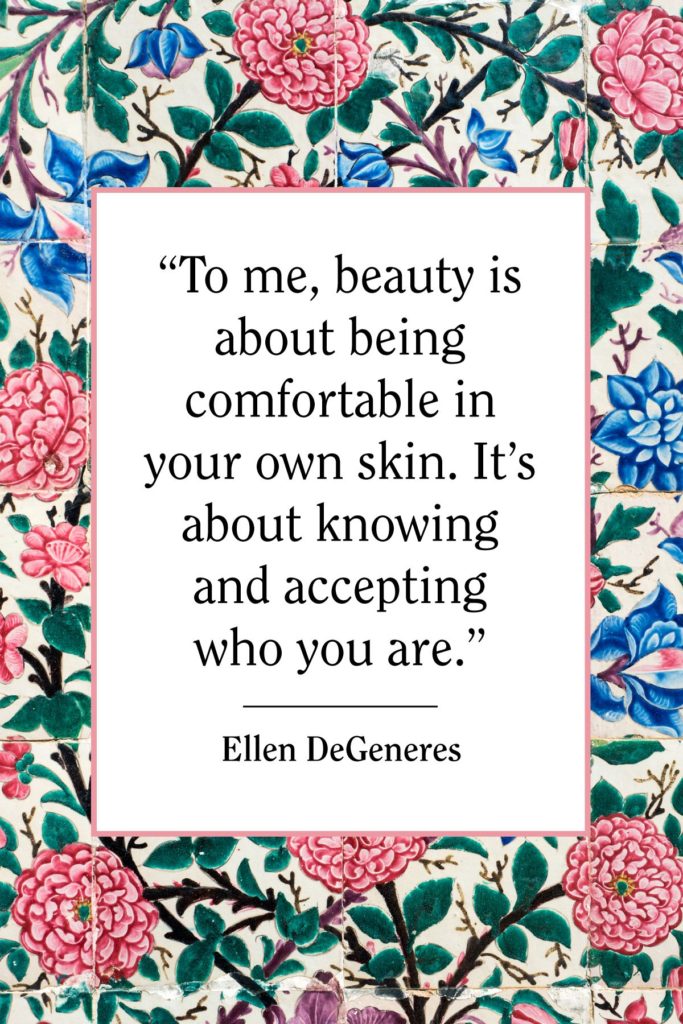
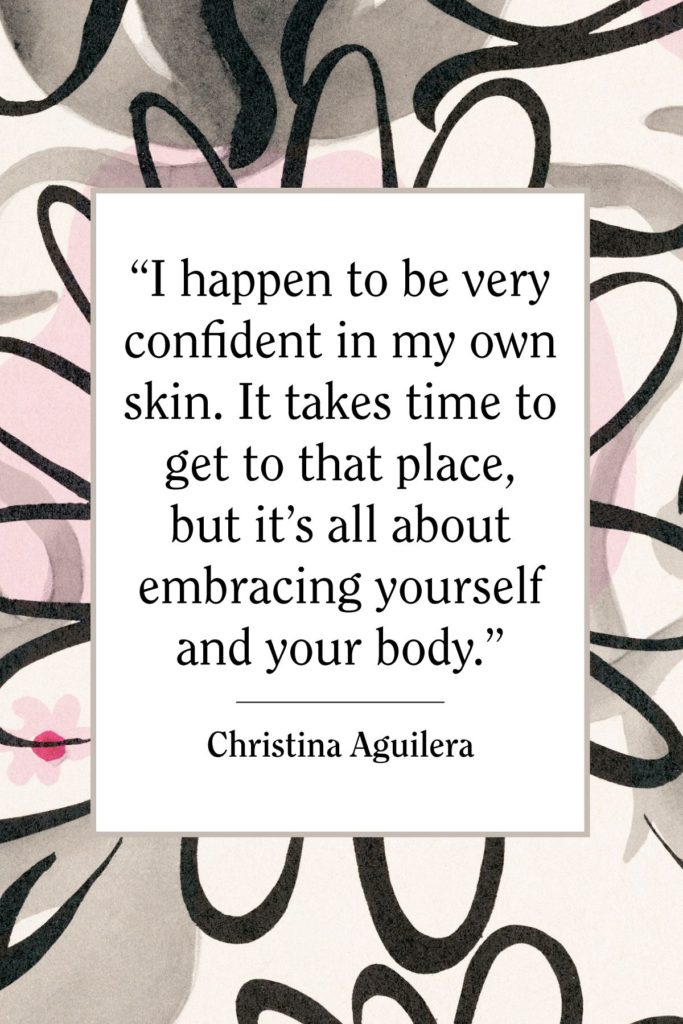
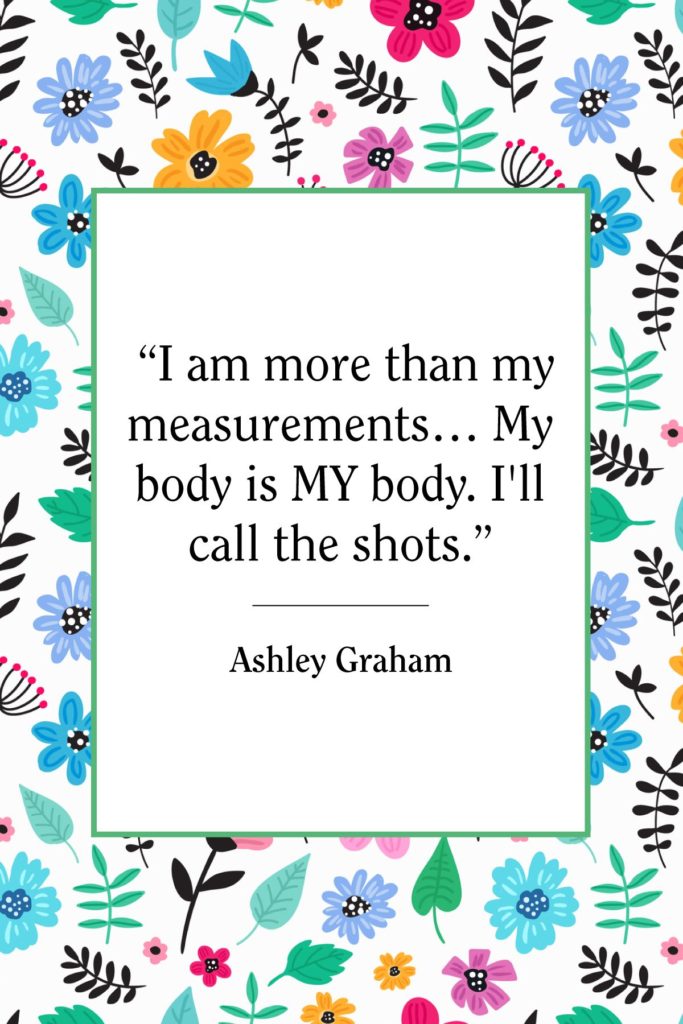
Steps towards a positive body image
- Appreciate all your body can do.
- Keep a top 10 list of things you like about your body.
- Remind yourself that ‘true beauty’ is not simply skin deep.
- Look at yourself as a whole person.
- Surround yourself with positive people.
- Shut down those voices in your head that tell you your body is not right or that you are a bad person.
- Wear clothes that are comfortable and that make you feel good about your body.
- Become a critical viewer of social media messaging.
- Do something nice for yourself.
- Use the time and energy that you might have spent worrying about food, calories and your weight.
Read more here.
Positive body image for men
While many associate the woes of body image with women, 28% to 30% of men experience negative body image.
You are not fat. You may have fat, the same way you have muscle. However, you would never say you are muscle, would you?
Eating Disorders: What are they?
Within the Canadian health system feeding and eating disorders are diagnosed by medical professionals. This is not medical advice, please consult your doctor if you experience any of these behaviours or tendencies.
Anorexia Nervosa – a serious mental illness characterized by behaviours that interfere with maintaining adequate weight.
Binge Eating Disorder – a mental illness that can seriously affect psychological and physical health, Characterized by recurrent episodes of eating large quantities of food then experiencing shame, distress or guilt afterwards.
Bulimia Nervosa – a serious mental illness characterized by periods of food restriction followed by binge eating, with recurrent compensating behaviours to ‘purge’ the body of the food.
Other Specified Feeding or Eating Disorders – atypical presentations of the eating disorders listed above.
Avoidant and Restrictive Food Intake Disorder (ARFID) – limiting the amount and/or types of food consumed, but unlike anorexia, (ARFID) does not involve any distress about body shape or size, or fears of fatness.
Other Eating Disorders – including pica, rumination disorder and other unspecified feeding or eating disorders.
Being supportive
- You can’t tell if someone has an eating disorder just by looking at them.
- It’s never just about the food.
- Don’t tell them they look “normal,” when society’s standard of normal is skinny.
- “I am here for you. How can I best support you?”
- “There is nothing to be ashamed of. Your struggles are valid.”
- “You are enough. You are strong. You are worthy.”
- “Recovery is possible.”
Body Positive Influencers
It’s important to fill your social media feed with people and things that make you feel good about yourself. Here are some body-positive influencers who you may find as a welcome addition to your social media feed.
- Sierra Schultzzie
- Ben James
- Ashley Graham
- Winnie Harlow
- Zach Miko
- I WEIGH
Helpful links
- 11 ways to explain body positivity to your parents
- Why is it so hard to talk about body image with parents?
- Dieting: Information for teens
Resources

Body Brave is located in Hamilton, ON. We help people recover from eating disorders. Through treatment, training and education, we are working to end the suffering they cause. We are a small charitable organization making big changes thanks to our passionate community of volunteers, students, healthcare providers, people with lived experience, parents and donors.
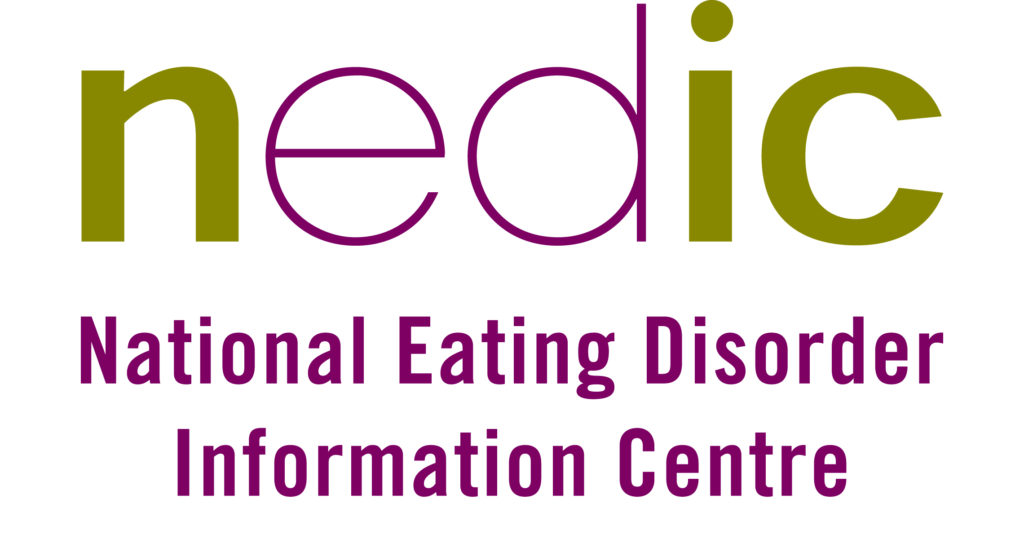
National Eating Disorder Information Centre provides information, resources, referrals and support to Canadians affected by eating disorders.
- Toll free number: 1-866-633-4220
- Toronto number: 416-340-4156
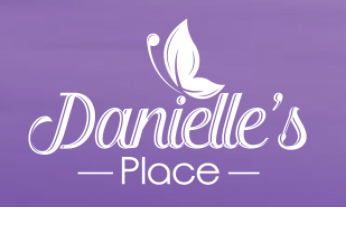
Danielle’s Place provides targeted prevention and early intervention programs and services for children and youth 17 and under who are at risk of or are expressing concerns around low self-esteem, body image or who have a pre-occupation with food and weight.
- Toll free number: 1-866-277-9959
- Phone number: 905-333-5548

Sheena’s Place located in downtown Toronto offers hope and support to anyone 17+ affected by an eating disorder, as well as their families and friends, by providing a wide range of professionally facilitated support groups and services, completely free of charge.

